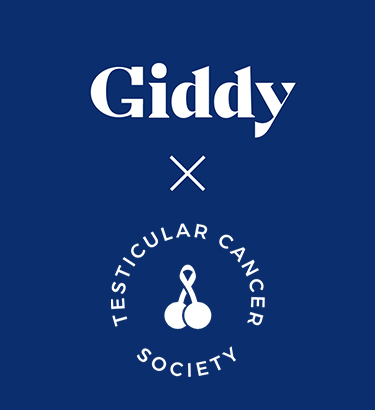When attempting to prevent any form of cancer, awareness of where and how it affects people is often the best place to start. With testicular cancer, we know it's fairly rare—only about 8,000 to 10,000 cases per year—and primarily afflicts younger men, ranging from the ages of 15 to 49.
Because it accounts for just 1 percent of all cancers that occur in men, though, testicular cancer is rarely discussed in everyday life. On top of the rarity, treatment for testicular cancer is straightforward and often successful, with a 95 percent five-year survival rate. But this lack of dialogue can make people feel as if there's nothing to worry about, when in fact, early detection—knowing what to look for and when to see your doctor—is just as critical as it is with any other type of cancer.
That makes awareness paramount in treating and preventing testicular cancer, even given its rarity and treatment success. For Testicular Cancer Awareness Month, we talked to testicular cancer survivor Mike Craycraft, the founder of the Testicular Cancer Society, about the difficulties of raising awareness, certain misnomers regarding causes and why self-examinations are still vital.











